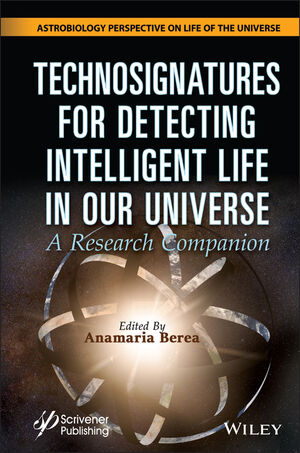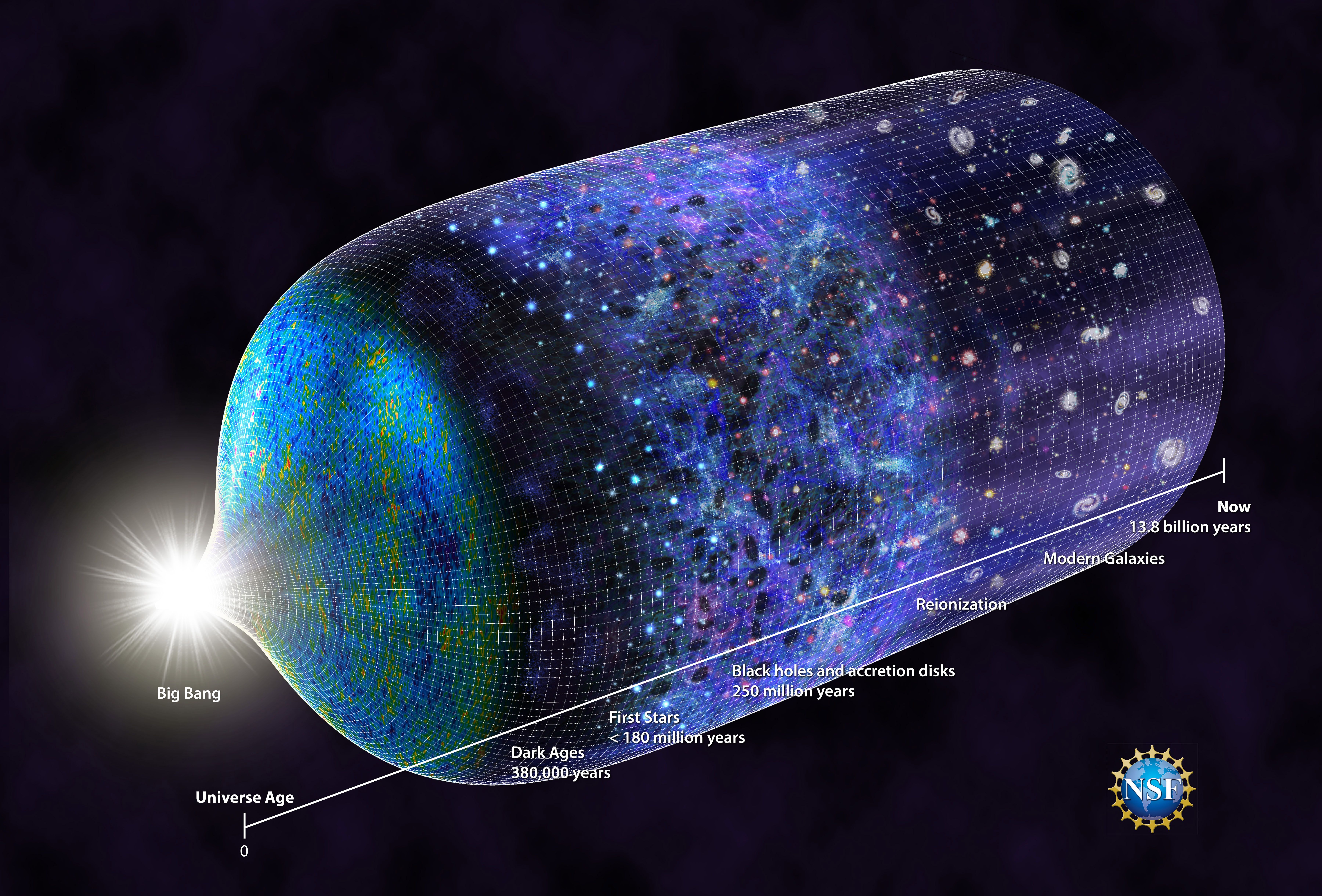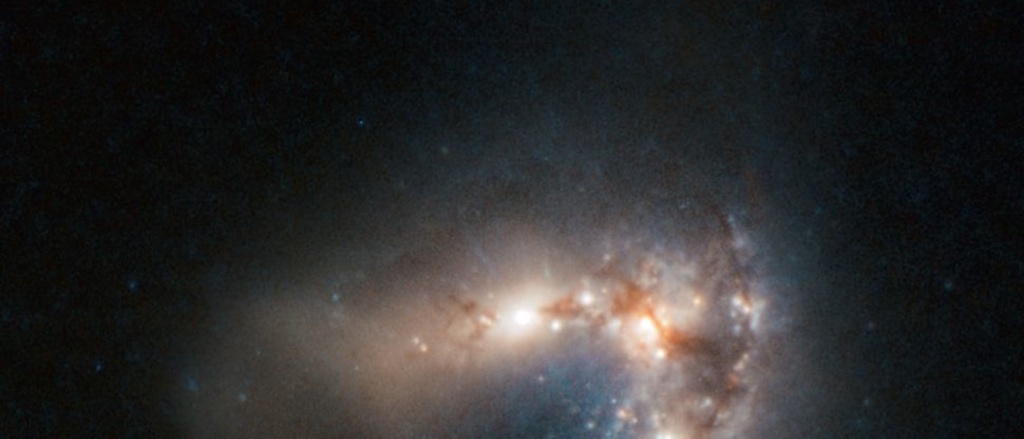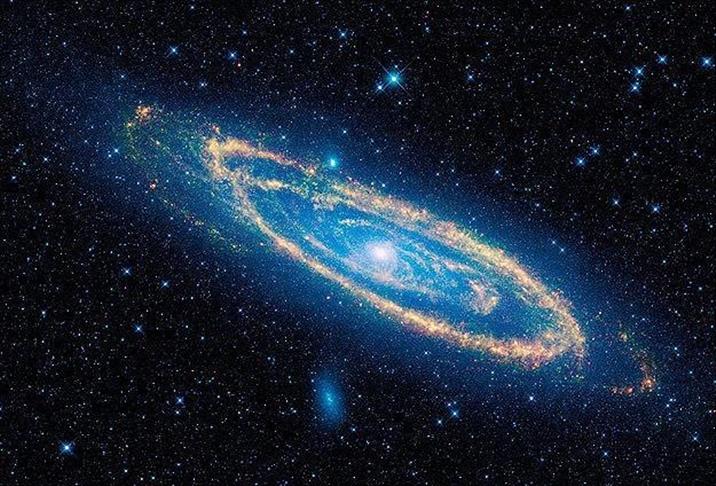The study of the universe is a fascinating and vast field of research that has captivated the minds of humans for centuries. From the ancient Greeks, who first proposed the idea of a spherical earth, to modern scientists using telescopes and satellite imagery to explore the cosmos, the quest for knowledge about the universe has been a driving force in human history.
One of the main goals of universe research is to understand the origins and evolution of the universe. The current scientific consensus is that the universe was created approximately 13.8 billion years ago in a massive explosion known as the Big Bang. This event marked the beginning of time, space, and matter as we know it. In the centuries since the Big Bang, the universe has continued to expand and evolve, forming galaxies, stars, and planets.
Another major area of universe research is the study of celestial bodies and their properties. This includes the study of planets, moons, asteroids, and comets within our own solar system, as well as the study of other stars, galaxies, and black holes in the universe. Scientists use telescopes and other instruments to observe these objects and gather data about their size, mass, composition, and behavior.
In addition to studying the physical properties of celestial bodies, researchers also investigate the potential for life to exist beyond Earth. This includes searching for signs of water and other conditions necessary for life, as well as looking for evidence of past or present life on other planets or moons.
Universe research also involves the study of the fundamental laws of physics and their role in shaping the universe. This includes the study of gravity, electromagnetism, and the strong and weak nuclear forces, as well as the behavior of subatomic particles. Scientists use this understanding to make predictions about the behavior of matter and energy in the universe and to develop new technologies based on these principles.
Overall, the study of the universe is a complex and multifaceted field that involves a wide range of disciplines, from astronomy and astrophysics to biology and physics. It requires the use of advanced technologies and sophisticated mathematical models to understand the vast and varied phenomena that exist within the cosmos. Despite the many challenges and mysteries that remain, the pursuit of knowledge about the universe continues to drive scientists and researchers to push the boundaries of what we know and to seek out new discoveries.







